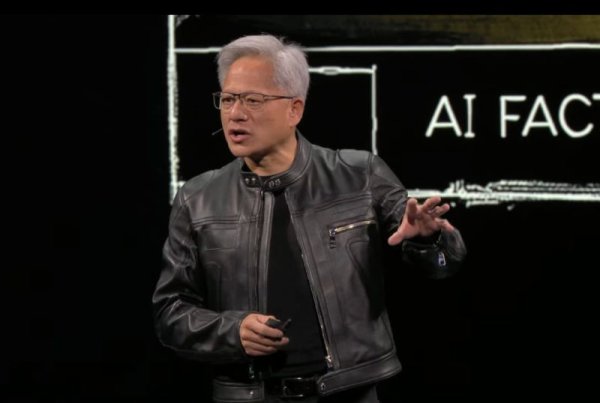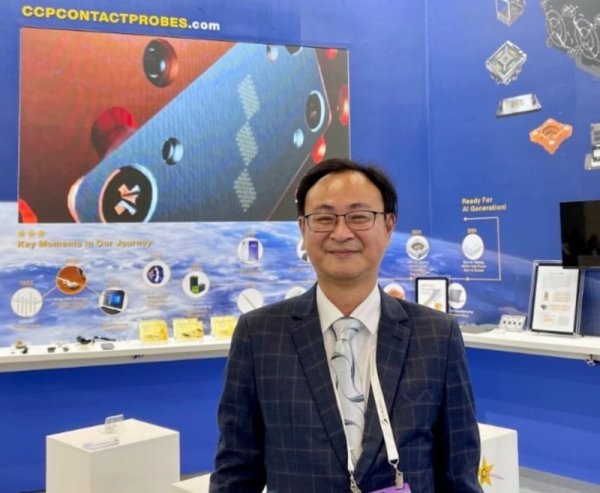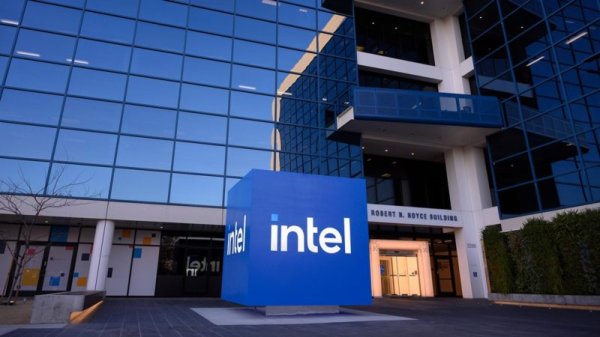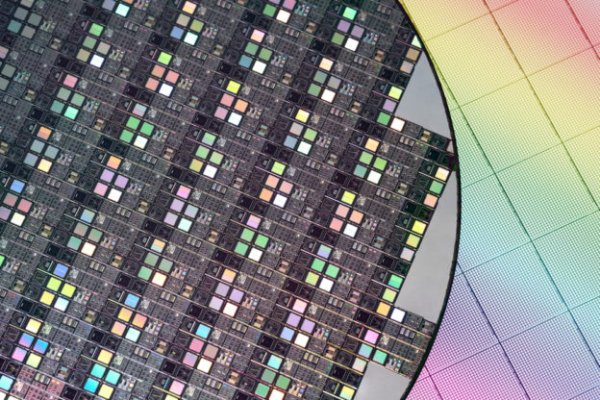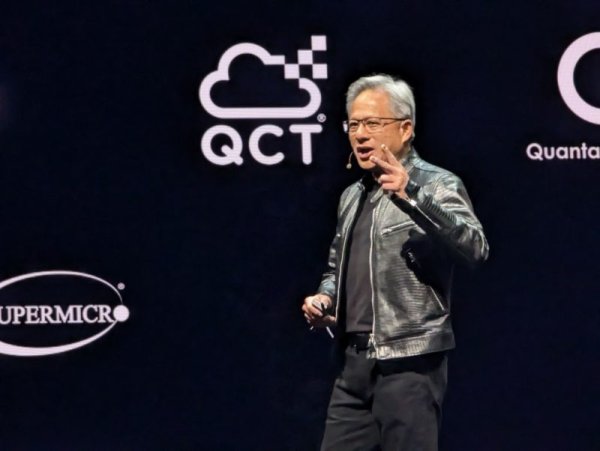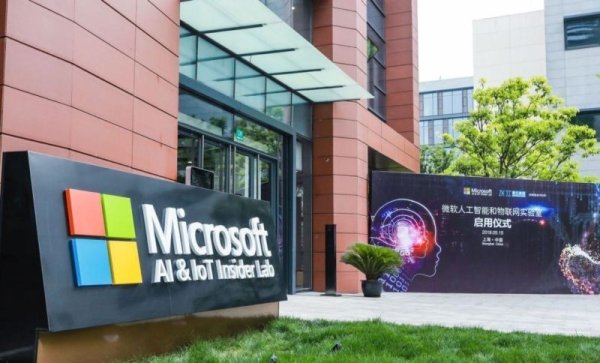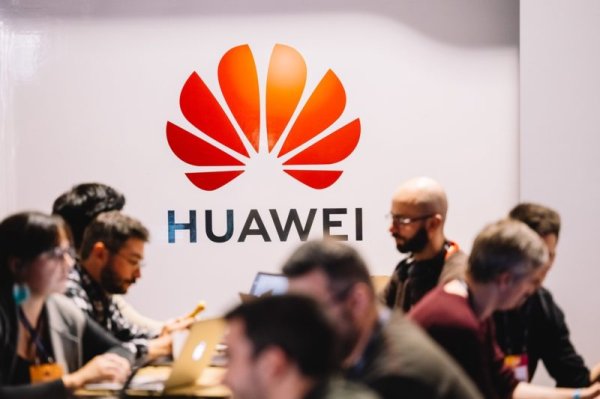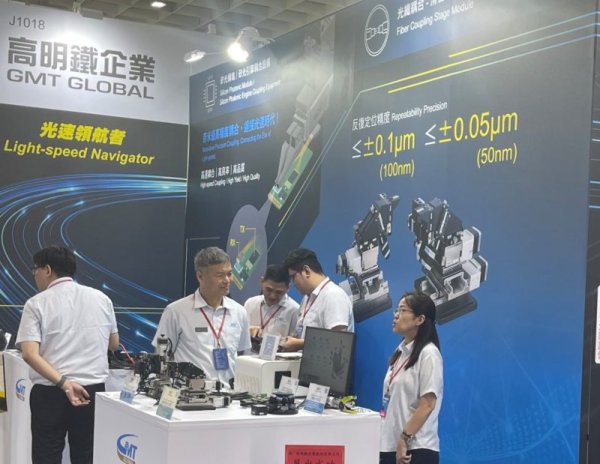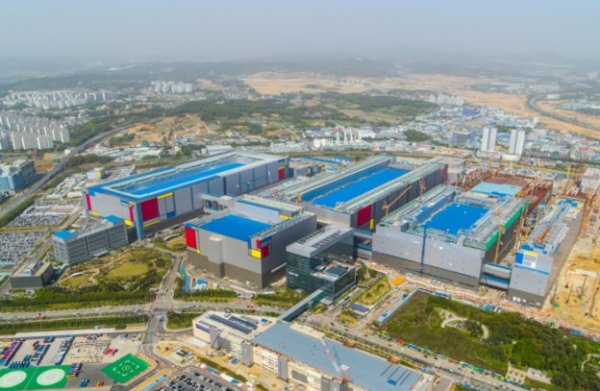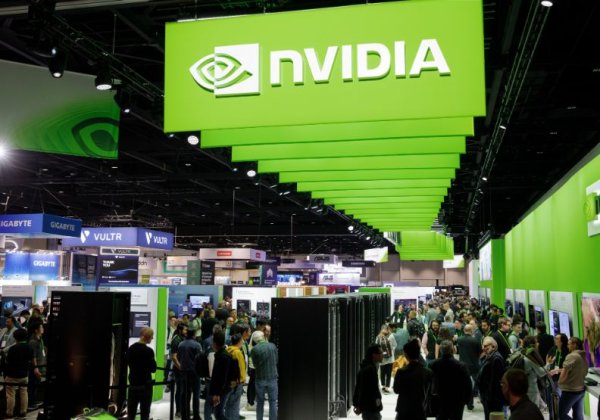Wistron accelerates its deployment in the United States with "Physical AI"! The Texas AI Computing Center will be launched in the first half of next year
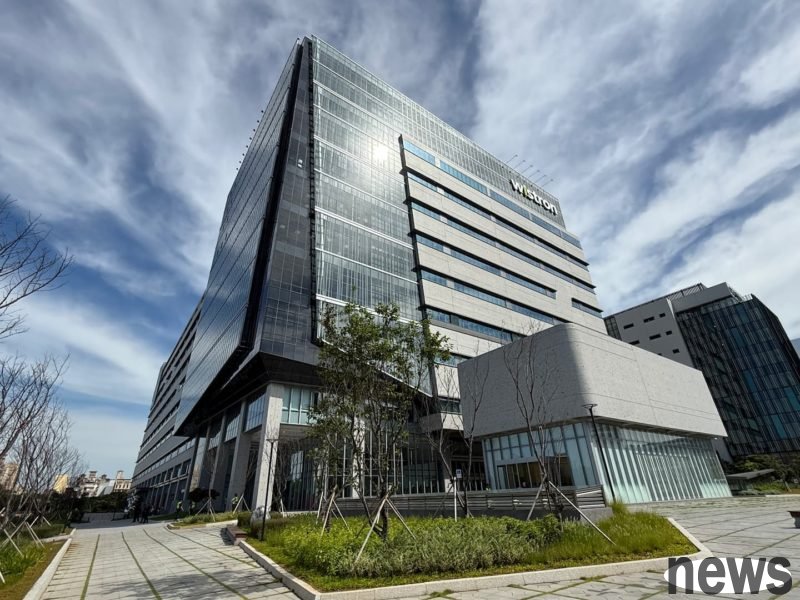
Wistron has invested US$761 million this year to build an AI supercomputing center in Texas, USA. This advanced manufacturing facility is expected to be opened in the first half of 2026. As Wistron continues to strengthen its AI-related product design and manufacturing capabilities and promote its strategic blueprint, Wistron's establishment of a manufacturing operation base in the United States is an important step in meeting customer needs and achieving global layout.
Wistron's "Physical AI" strategy for U.S. manufacturing operations. Relying on NVIDIA's AI infrastructure, Wistron's "Physical AI" applications will focus on creating highly optimized, energy-efficient and rapidly deployable manufacturing facilities. It mainly produces AI supercomputers in Texas. The core "Physical AI" uses digital twin technology to improve efficiency, design and operations management.
Wistron stated that it uses the NVIDIA Omniverse function library to create high-fidelity, physically accurate digital twins, including the new AI supercomputer assembly and test factory in Texas, and will be used for factory planning and operations, allowing engineers to simulate and optimize factory layout and test equipment configuration before construction, improve workflow, thereby shortening product introduction time and avoiding expensive modification costs.
For the new NVIDIA supercomputer test room, digital twins will also help optimize facility planning and remote collaboration. Wistron said that it is mainly optimized with physical information AI, using frameworks such as NVIDIA PhysicsNeMo to establish physical information AI models to accelerate complex simulation operations, such as fluid dynamics analysis (CFD), which is crucial for thermal dynamic management.
Wistron pointed out that after integrating these models into the digital twin, Wistron can accurately and quickly predict the air flow and temperature distribution in the AI supercomputer test chamber, significantly shorten the simulation time, and achieve near-instant temperature control to prevent equipment overheating, and such thermal management optimization is expected to significantly improve energy efficiency.
In terms of real-time operation management, Wistron pointed out that the digital twin will be connected to thousands of physical sensors (IoT data) in the facility to form a real-time digital dashboard, showing production and manufacturing status and indicators. Managers can real-time monitor performance, identify bottlenecks, and quickly allocate resources. Wistron will also introduce an AI recommendation system to find the best testing location for the device under test in the automated storage system (ASRS).
Wistron emphasized that through its cooperation with NVIDIA, this manufacturing plant in Texas will become one of the first manufacturing bases in the United States that can produce AI supercomputers locally. For the booming AI industry, it will set an important milestone for the local development of the supply chain. By promoting the "Physical AI" project and long-term investment in the United States, Wistron continues to strengthen its leading position in AI innovation.
Further reading: Yijia's new factory in Kulim, Malaysia was completed and opened! Target to account for more than 40% of revenue in 2030 AI demand will push production capacity to full capacity in the next two quarters! Hongjin Precision is expected to be listed at the end of November Locking in the dual-track of MCU and IoT to expand the market! Huayuning, a major electronic lock manufacturer, will be available on the shelves at the end of November


